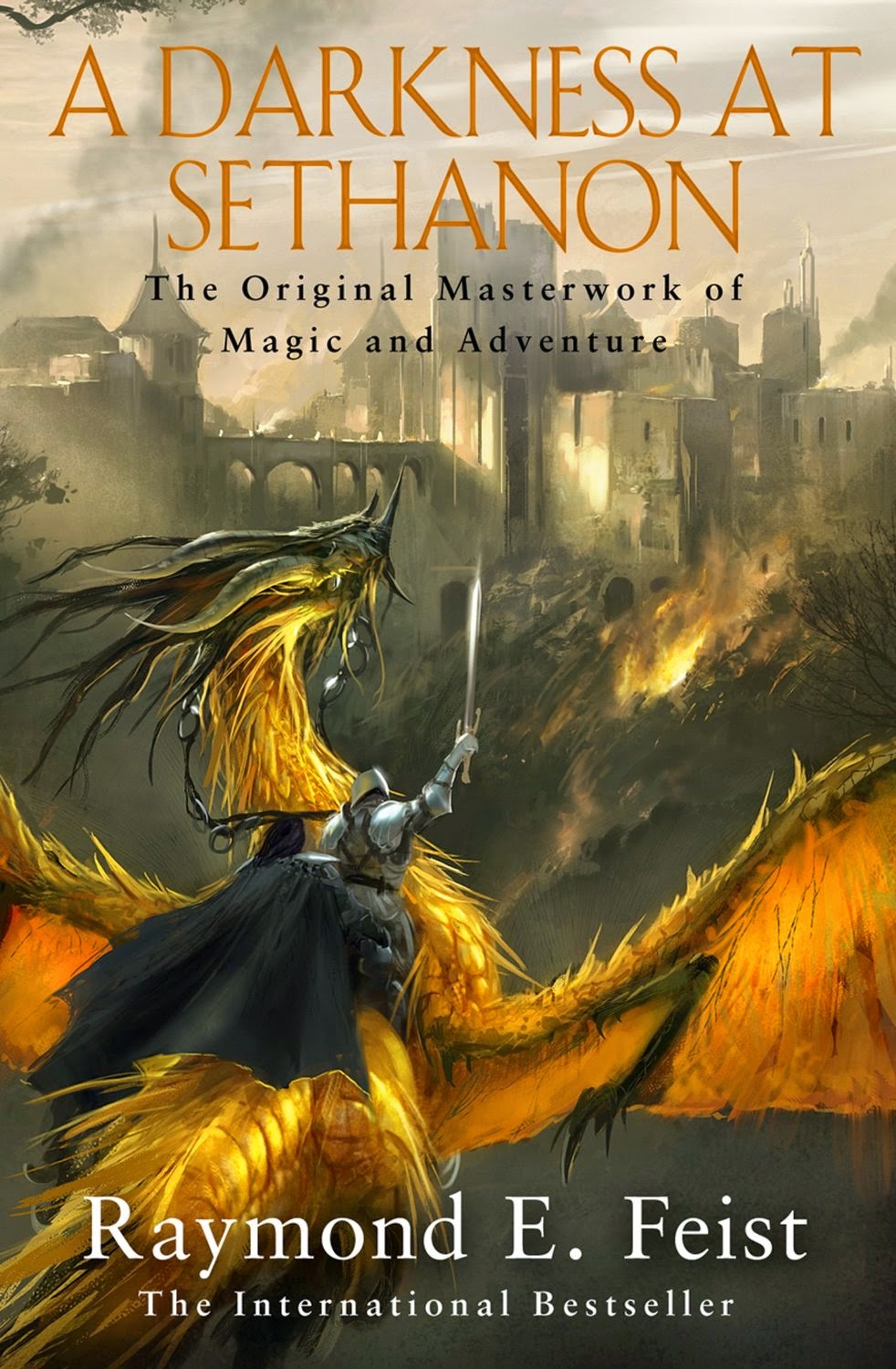What is time to you?
I think we humans, have an interesting
way to define our day-to-day experience of “time”. For starters,
we have the tendency to attach meanings and values to time. For
example, we describe time with expressions such as: “I had a good
time”, “this is a perfect moment”, “a waste of time”, “an
agonizing moment” (so on and so forth). Then we also request time
to behave in certain ways, with expressions such as “I wish time
could go faster/slower”, or “I wish there was more time”.
The question is, are we saying these
things, because time cares? Or, are we saying these things because we
care?
Thief of Time, is the 26th
Discworld novel. Like other Discoworld novels (such as
Small Gods), Thief of Time wraps metaphysics and
philosophy under the cloth of a comedic, fantasy story. It is a book
that appears to be packed with light-hearted fun, where you can loose
yourself in the depth of the author's imagination and creative power.
At the same time, making you think furiously and seriously about
yourself. In other words, this is my kind of book (the best kind of
book, in my opinion). Today, I would like to share some of my
thoughts about this book in a review.
Synopsis:
In our 21th century, market
economy driven world, “time management” is an essential skill.
It should not be a surprise then, on
Discworld, time management is also very important. In fact, time
management is treated with such paramount importance on Discworld
that, it is a duty literally managed by a group of dedicated, highly
skilled experts called the Monks of History. On Discworld, saying you
are a History Monk, is like saying “I know Kung Fu”.
Our story began, when a talented young
man called Lobsang Ludd joined the Monks of History. Lobsang was
placed under the tutelage of the legendary sweeper, Lu Tze, who
discovered his late apprentice is a bit unusual. Meanwhile, in the
city of Ankh Morpork, a beautiful, mysterious woman commissioned a
master clocksmith called Jeremy Clockson, to build the mythical glass
clock. This is a device that will bring the end of the Discworld,
where the 4+1 Horsemen would ride out into the apocalypse.
Is this the end of Discworld?
What I think about this book:
I enjoyed Thief of Time. Like
all other Discworld
books, Thief of Time will make you laugh, feeling entertained,
but it will also make you think.
I noticed Thief of Time is more
plot driven when compared to other Discworld novels I've read
in the past. As a result, the multiple sub-plots in Thief of Time
converged, and revealed its central plot device quite early in the
book. I speculate, some readers may appreciate the structure in Thief
of Time, because the pace in in this book feels faster, when
comparing to past Discworld novels.
Having said this, I still found Thief
of Time a very complex book. While the story is simple, but it is
complex because the strengths of the story, lies in the exploration
of personalities in this book. Thief of Time is cast with a
group of imaginative, memorable characters. Fan favorites such as
Death and Susan returned in this book. However, Death is cast as a
supporting character in this book, who acted as some sort of a “quest
giver”. Susan is as an interesting character as ever. As Death's
grand daughter, Susan wrestled between “what is logical” and
“what is meaningful”, I think most people can relate with her
journey.
This book also brought Lu Tze into the
spotlight. He made an appearance in Small Gods, but much about
Lu Tze was shrouded in mystery. In Thief of Time, Lu Tze
became a major character alongside his apprentice, Lobsang. I like
the character of Lu Tze. In this book, Lu Tze is given a Master
Yoda/Mr. Miyagi role, to mentor his apprentice Lobsang. The
story between this master and his apprentice, is packed with funny
moments, but it is also an interesting commentary about education.
I also found the style of humor in
Thief of Time, is somewhat different to other Discoworld
novels. That is, jokes and humors still scattered throughout the
book, but they carry less satirical effects. i.e. other Discworld
books often commented on social phenomena, exploring philosophical
questions via satires and parodies, but in Thief of Time,
these things are (more often) explored via the story and the
characterization itself. Despite the slight difference in the style
of humor, I still had a broad smile on my face while reading this
book.
Overall, each character in Thief of
Time is depicted with distinctive, impressionable features. They
personified the different aspects of the philosophical/metaphysical
conjuncture between science, life, death, history, logic, existence, and
religion. This is the type of book that will not just entertain you,
but will also make you think. For example, in this book, there is a
story about a monk called Wen the Eternally Surprised. When I read
about Wen, I laughed real hard, then afterward, I felt the need to
change my view about “boredom” (Do you want to know why Wen is
called “Eternally Surprised”? I thought the explanation was gold.
But Read this book and find out for yourself).
I think Thief of Time is an
excellent book. From the first page to the last one, Terry Pratchett
captured my imagination with a fun, eccentric world. A living, breathing world inhabited with vividly
portrayed, interesting characters. The time I spent reading Thief
of Time proved to be an exhilarating ride, full of laughter and
thought-provoking moments. When I closed the book, I walked away, and
got a few meaningful things out of it. I would highly recommend this
book (and the entire Discworld series) to anyone who is
looking for some good books to read.






















.jpg)



